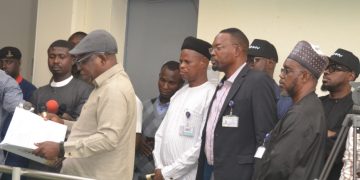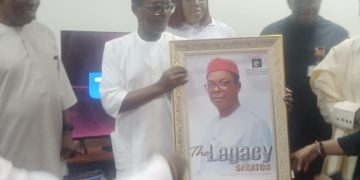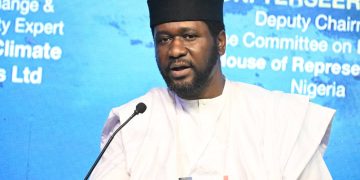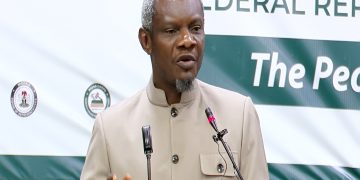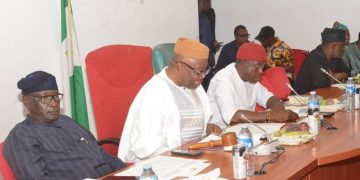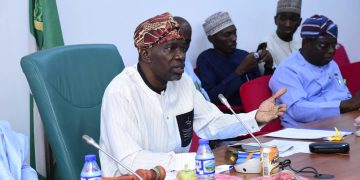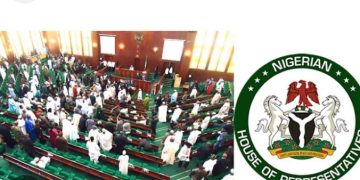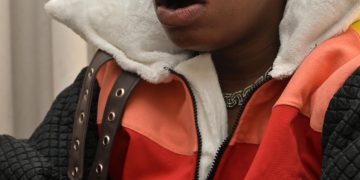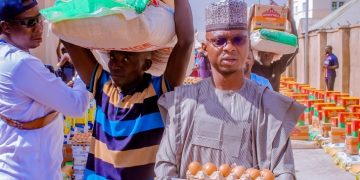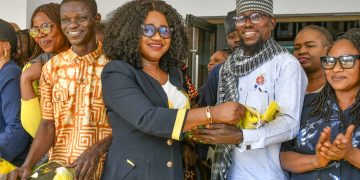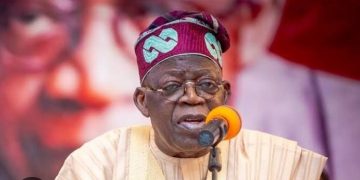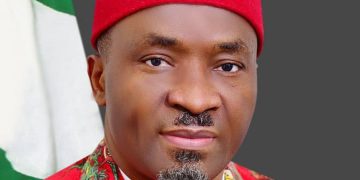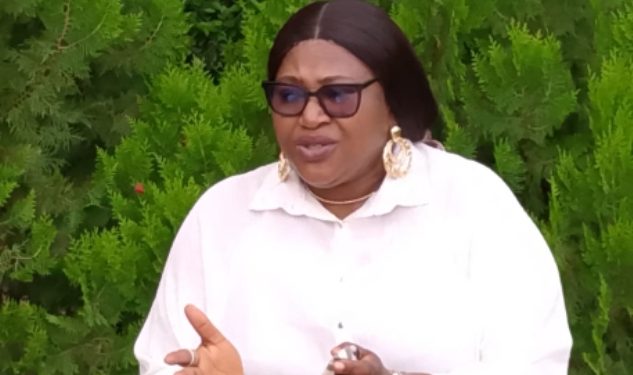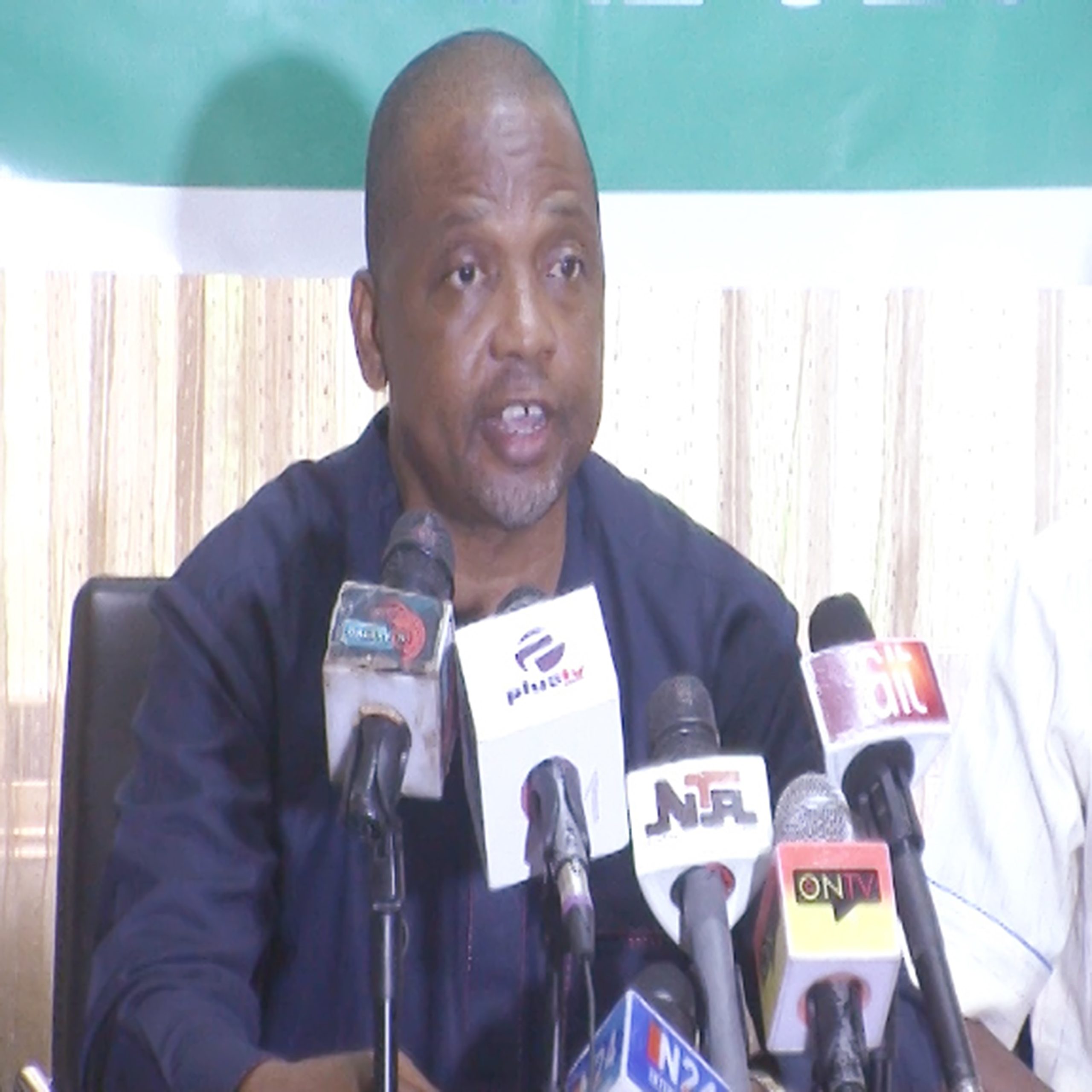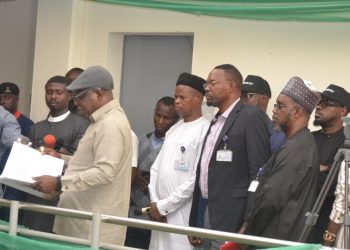By Michael Agbaji
As part of activities to mark this year Children’s Day celebration, stakeholders have advised the parents, government institutions and NGOs to take full responsibility for the protection of child education for the betterment of society.
The Northeast Coordinator of the Women Trafficking and Child Labour Eradication Foundation (WOTCLEF), Charity Anaja stated this while speaking to news men in Abuja.
Mrs Anaja called all stakeholders, government institutions, parents, and civil society to take full responsibility to protect and promote the rights of Nigerian children.
She said, the 2025 Children’s Day should not be merely a celebration, but a time for sober reflection and renewed commitment to addressing the challenges facing children in Nigeria, especially those in the Northeast.
According to her, it’s the right of every child to be Educated but however,there is need to go beyond just enacting laws, but the major stakeholder. either as a parent, institution of government or civil society we all have role to play in ensuring the plight of the Nigerian child is protected and promoted.”she said.
She acknowledged the effort of Nigeria’s legislature for the amendment of Child Rights Act and similar laws at the state level but she emphasized that lack of implementation remains a major challenge..
Speaking on the rising number of out-of-school children, particularly in northern Nigeria, Anaja gave an insite of what WOTCLEF is doing in combating child labour and trafficking especially in the north.
She said “the child doesn’t go to school, it is usually because of poverty,” she noted. “That child is then forced into labor or trafficking to support the family.”
Anaja further highlights the activities WOTCLEF to ensure children return to school,she said, advocating for education is not only free but accessible and incentivized.
“Even in states like Adamawa, where school fees are not paid, children still roam the streets because they afford to buy uniforms, books, or even the parental mindset that values education,” she explained.
She called for mass reorientation and also proposed alternative pathways to education, including literacy and skills acquisition, especially for those not inclined toward formal schooling.
Bullying and the 2025 Children’s Day Theme in Nigeria “Stand Up, Speak Up: Building a Bullying-Free Society”
Commenting on this year’s theme from the Ministry of Women Affairs “Speak Out Against Bullying”, Anaja stressed the psychological trauma children face due to bullying in schools and online.
“There’s a culture of silence,” she said. “Children are afraid to report abuse. Some become depressed and even commit suicide. Bullying is a power play, often stemming from the bully’s own abusive background.”
She called for comprehensive strategies to tackle bullying from parental education to regulation of digital spaces, while urging schools to create safer environments for children.
Speaking on girl-child marriage, Anaja admitted the cultural complexities surrounding the issue but stood firm on its long-term harms.
“When you marry a girl at 14, what does she know about herself? How can she make informed decisions?” she asked.
She emphasized that early marriage truncates education, health, and personal development, leaving girls vulnerable and often discarded later by their spouses who seek more education instead of early marriage.
“Transformation comes from the renewal of the mind. We all must take ownership of protecting children, the media, civil society, government, schools, and the parents. If we all brighten the corner where we are, one child saved could be the future we seek.”
She further urged Nigerians to shift from silence to action, warning that without collective effort, the plight of millions of children may remain unchanged.


